Allergies and side effects
Know your medication allergies and side effects and report unusual side effects to a healthcare provider immediately.
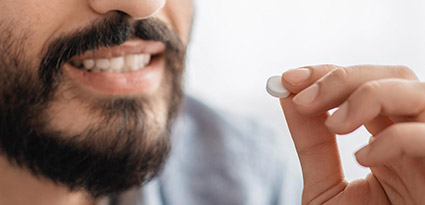
Medications are an essential aspect of health care. For some people, taking medications is a part of their daily routine. Physicians prescribe them to treat various health conditions and alleviate symptoms. For example, they are taken to lower blood pressure, cure infections, and relieve pain. However, medications do sometimes cause serious harm if misused. No matter what medicine your doctor prescribes, it's always important to be safe and follow medication safety measures.
Savera Arain and Hoor Alhazza from Johns Hopkins Aramco Healthcare's pharmacy services department would like to share these tips with you.
Make a list of medications you take and bring it with you to every doctor’s appointment.
The list should also include the following information about specific drugs:
One of the most important things about taking medication safely is correctly reading and following the directions on the label. It may seem like a lot of information, but reading it will ensure that you take the medication correctly.
The best way to dispose of expired, unwanted, or unused medicines is through a drug take-back program. Check with your hospital or pharmacy if they offer a drug take-back option. These take-back locations may offer on-site medication drop-off boxes, such as the enviro-green initiative at all JHAH pharmacy locations, where expired or unused medications are disposed of in an environmentally friendly manner.
If the take-back program is unavailable, you can dispose of the medications at home, depending on their type, by flushing them down the sink or toilet or throwing them in household trash.
To find out if the medication you are on can be flushed, check the label or the patient information leaflet of your prescription or consult the U.S. Food and Drug Administration’s list of medicines recommended for disposal by flushing.
If you don’t have a medication take-back program available and your medication is not on the flush list, you can dispose of them in with the household trash by first sealing them in a plastic bag before throwing them in the trash.
Place all needles and other sharps in a sharp disposal container immediately after using them. This will reduce the risk of needle sticks, cuts, and punctures from loose sharps. Sharp disposal containers should be kept out of the reach of children and pets.
Remove all personal identification, including the prescription number, from prescription bottles by covering it with a marker or scratching it off before disposing of them.
Know your medication allergies and side effects and report unusual side effects to a healthcare provider immediately.
Inform your doctor if you are pregnant or nursing a baby.
Know how your medications interact with each other and any nonprescription medications or herbals you may take, including cold remedies and vitamins.
If you get a rash, start itching, vomiting, or have trouble breathing after starting a medication, get emergency medical care immediately, as you may be showing signs of a severe allergic reaction.
Renew your medications in advance, so you don't run out, and know what to do if you miss a dose.
The more information you have about using your medications safely, the better you can prevent medication errors and care for yourself.
For medication-related inquiries, you may contact Johns Hopkins Aramco Healthcare call center by selecting pharmacy services extension and requesting a video call with the pharmacist. Detailed instructions on your medication are also accessible via MyChart.
Antibiotics are powerful medicines that fight bacterial infections. Used properly, antibiotics can save lives. They either kill bacteria or keep them from reproducing. Your body’s natural defenses can usually take it from there.
Antibiotics do NOT fight infections caused by viruses, such as:
• Colds
• Flu
• Most coughs and bronchitis
• Sore throats, unless caused by strep
If a virus is making you sick, taking antibiotics may do more harm than good. You increase the chance that bacteria in your body will be able to resist antibiotics each time you take them. Later, you could get or spread an infection that those antibiotics cannot cure.
When you take antibiotics, follow the directions carefully. It is important to finish your medicine, even if you feel better.
Do NOT save antibiotics for later or use someone else’s prescription. These steps can help you prevent antibiotic resistance.
This content is for informational purposes and is not intended to be a substitute for the advice of a healthcare professional. It is important that you rely on the advice of a healthcare professional for your specific condition.

JHAH joins the World Alliance for Breastfeeding Action and the MOH in supporting World Breastfeeding Week

A good night’s sleep can help repair damaged heart and blood vessels. We have simple tips to help you sleep better
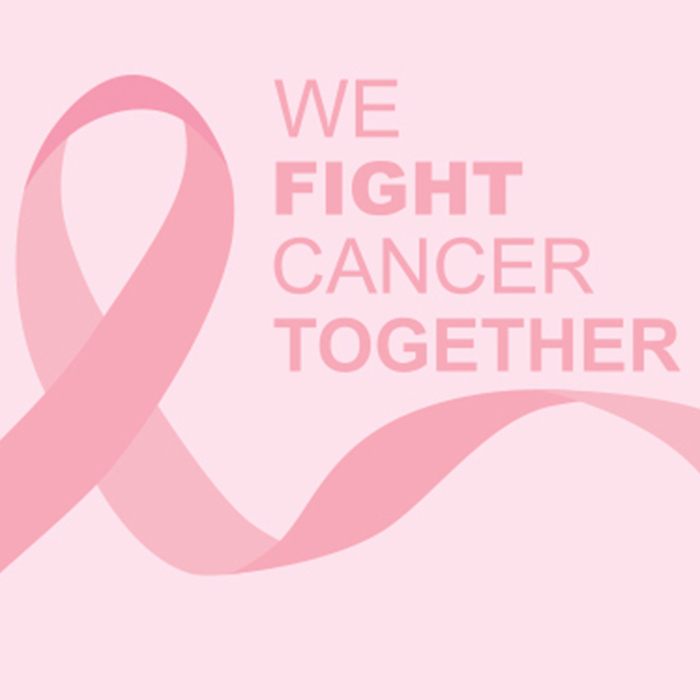
The good, and bad news about breast cancer – and how to fight it
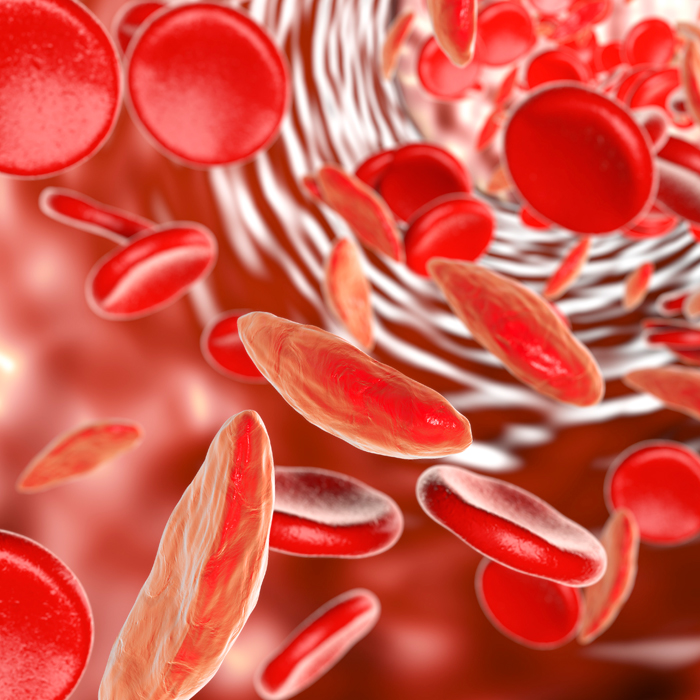
Find out how changes to how we manage the pain of sickle cell disease have led to a massive drop in emergency care and hospitalization

A few ideas for a good nutrition program that can help strengthen your immune system

There are many health and nutrition tips that can boost your immune system
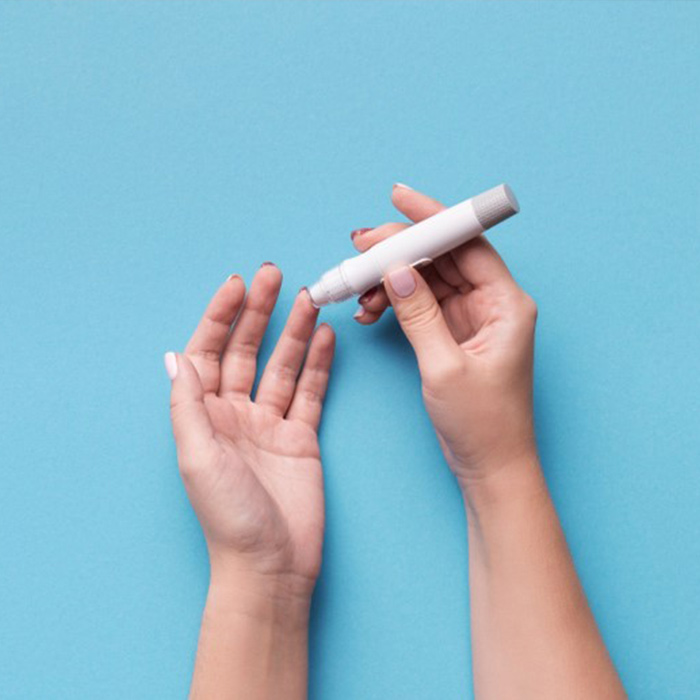
The Kingdom is the second in the Middle East and the seventh globally in the rate of Type 2 diabetes, find out how you can take control of your diabetes and lead a healthy life
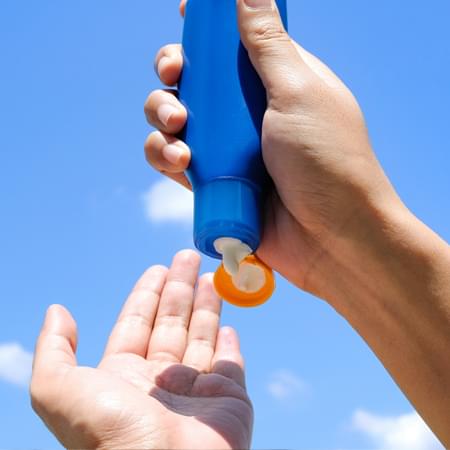
Health issues related to sun exposure and how you can protect yourself

Include fruits in your daily menu, in whichever way you like, and stay healthy
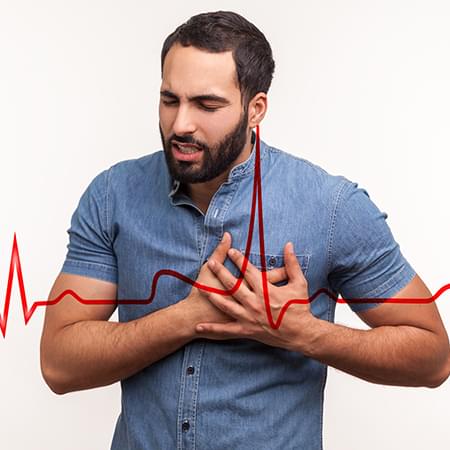
Heart attacks often occur when people are alone. Knowing what to do when heart attack symptoms come on can save your life

Encouraging people who suffer from obesity to take part in safe solutions to weight loss, lifestyle change, and weight maintenance

We tend to forget that the sun’s shine and brightness can be quite harmful during the summer. Tips to stay healthy and cool during summer
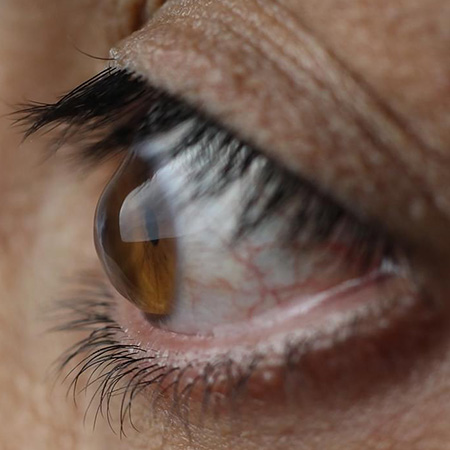
Keratoconus is an eye disease that affects the Cornea, the clear transparent part of the eye. This disease causes progressive thinning and protrusion of the cornea giving it a conical shape.
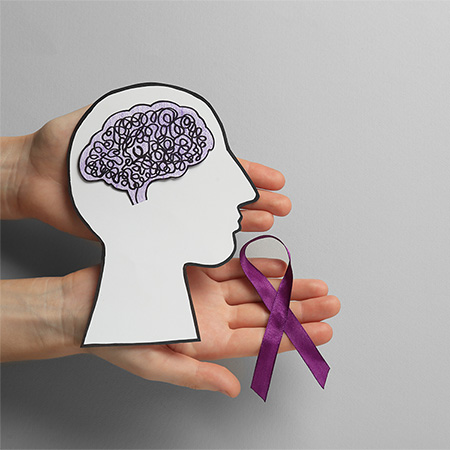
Learn about Alzheimer’s disease, it's symptoms, causes and risk factors, and what to do if you have Alzheimer's disease

Proper nutrition and exercise play important roles in reducing the risk of breast cancer
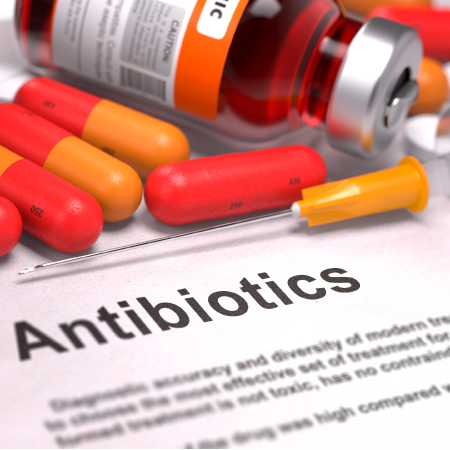
Learn how to properly use antibiotics to avoid resistance and protect your health
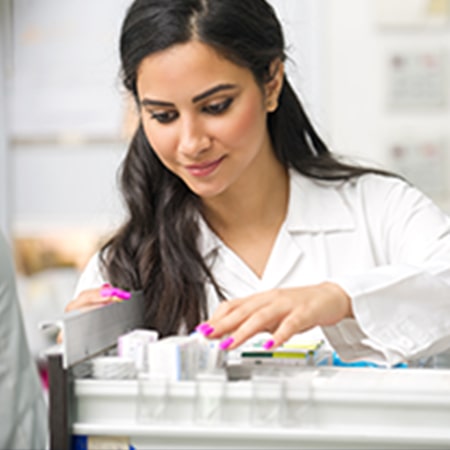
Collecting your medication from the pharmacist is not just a medication transaction but an opportunity to enhance your understanding of the medication and better care for your health.

JHAH Tawazon Program works with pre-diabetic patients to help them modify their lifestyle to prevent or delay type 2 diabetes

Here are a few essential points to discuss with your pharmacist to better understand your medication to ensure your wellbeing.

Four simple and practical guidelines that will help you to keep safe from food-borne diseases in your kitchen

Read our expert advice on blood donation guidelines and how you can play a role in saving lives
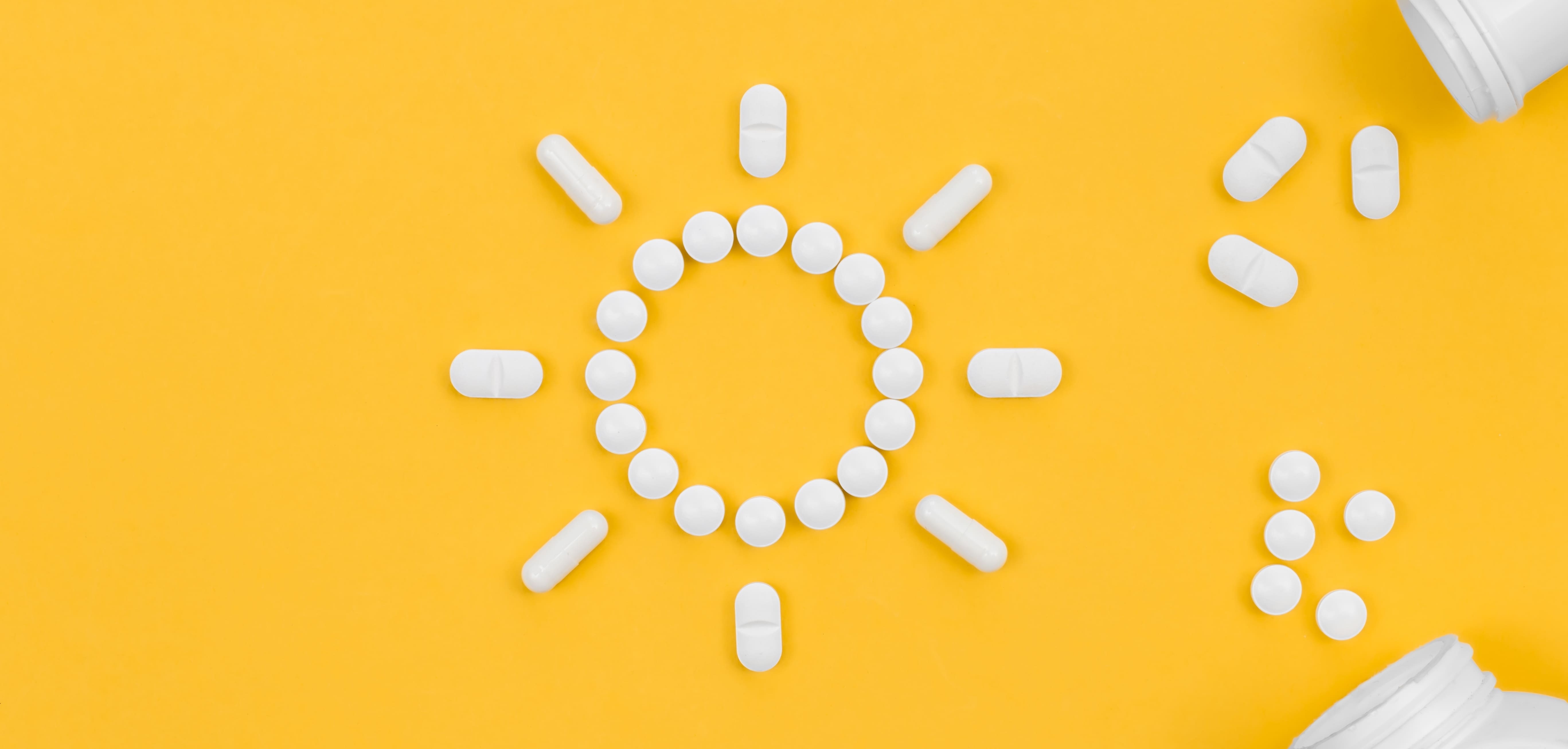
Protect your medications against the heat of summer with a few simple tips

Start your day with nutritious foods to boost your energy and metabolism levels

JHAH Clinical Nutrition and Food Services Unit is here to help you make your sweets healthier, lighter and heart friendly
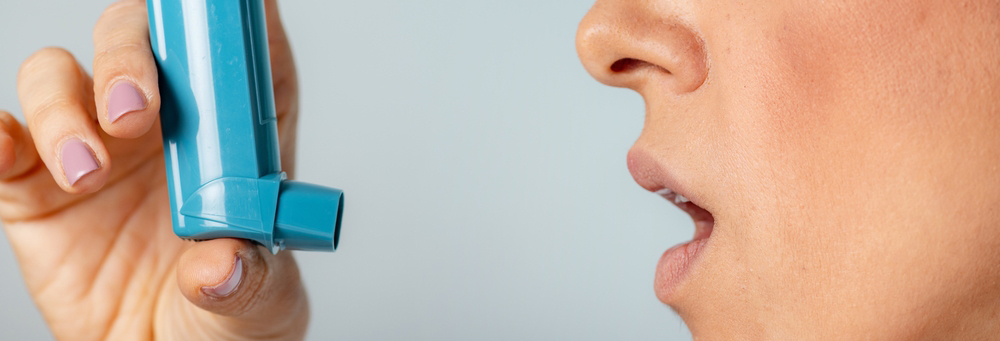
Important techniques to ensure effective delivery of medications to the lungs

Signs of dehydration indoors, symptoms to watch, and tips to stay hydrated even without thirst.
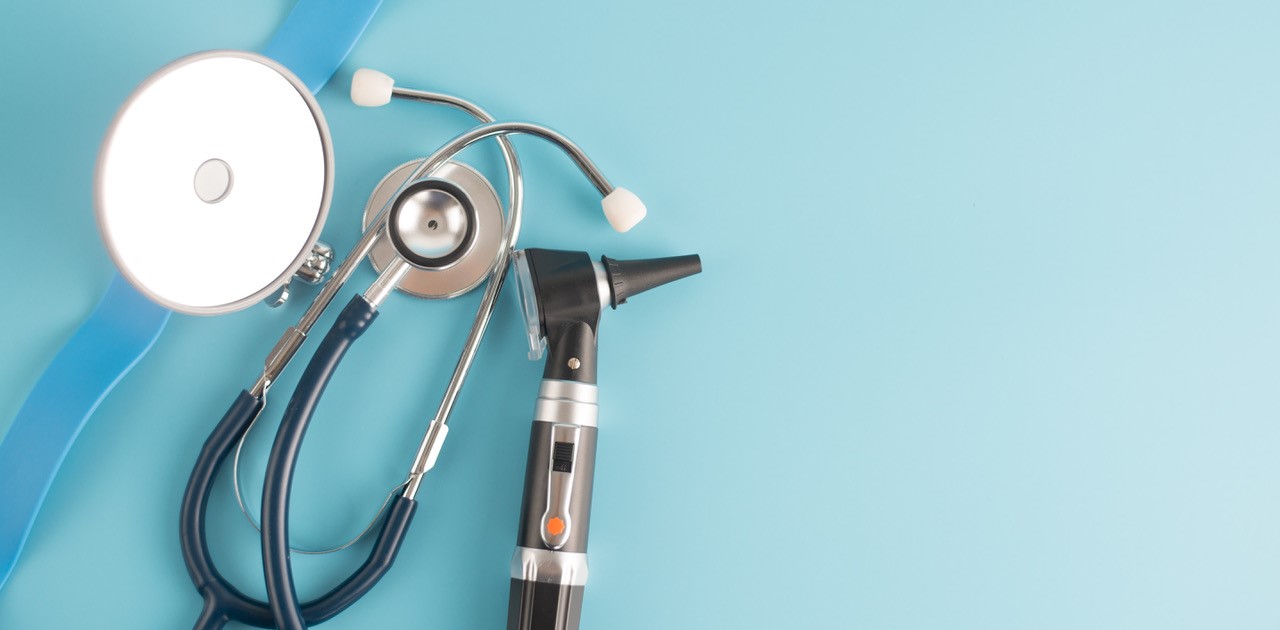
Three ENT surgeries significantly improve the breathing of a 21-year-old patient.
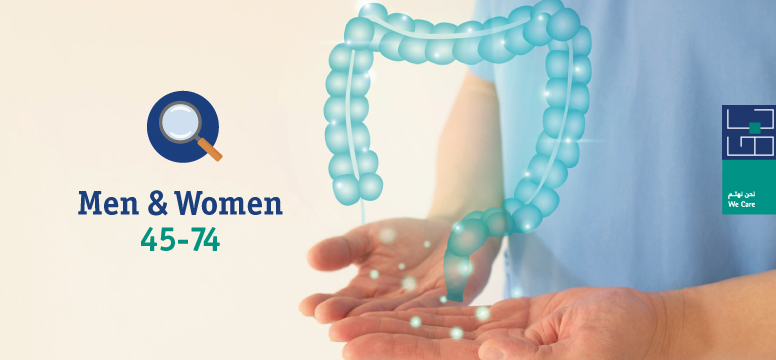
Colon cancer screening can detect the disease in its early and treatable stages
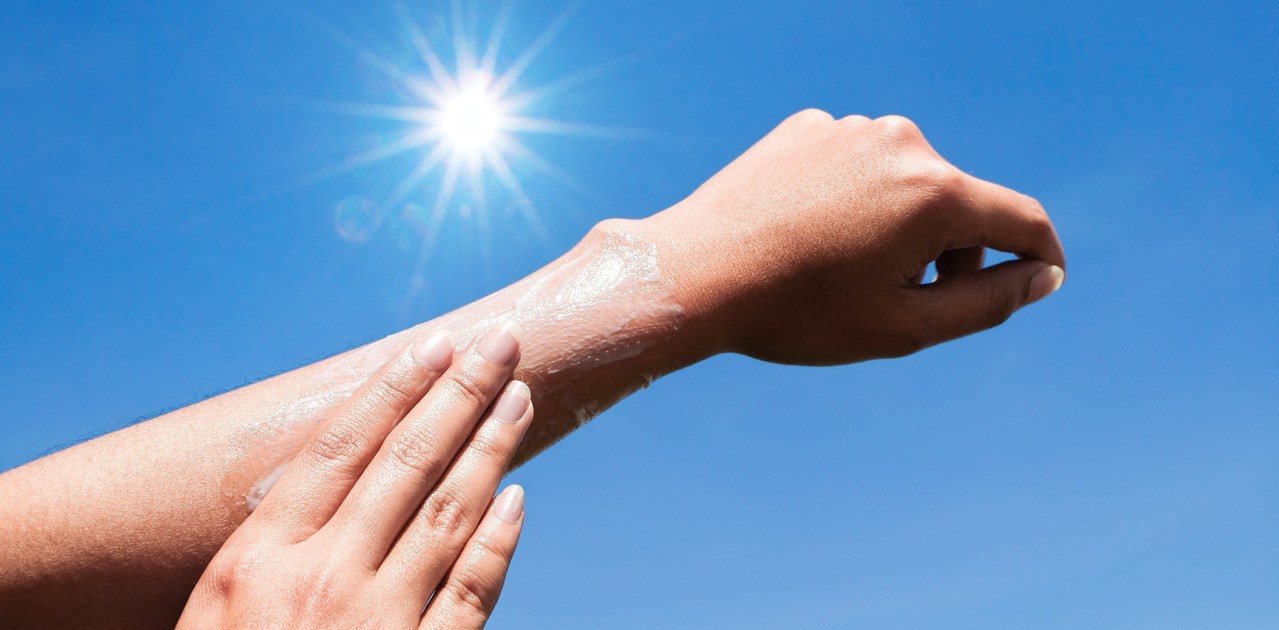
Scientifically backed tips to keep your skin in top condition.
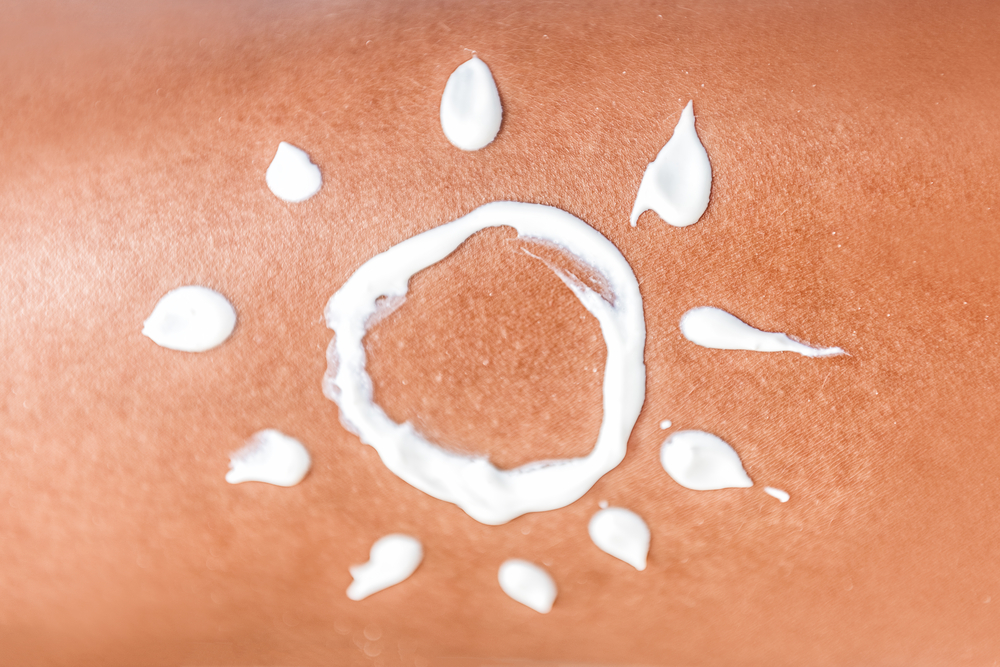
Enjoy being outdoors while keeping your skin healthy, protected and radiant

Discover key tips to prevent infections this flu season and effective home remedies to manage cold symptoms.
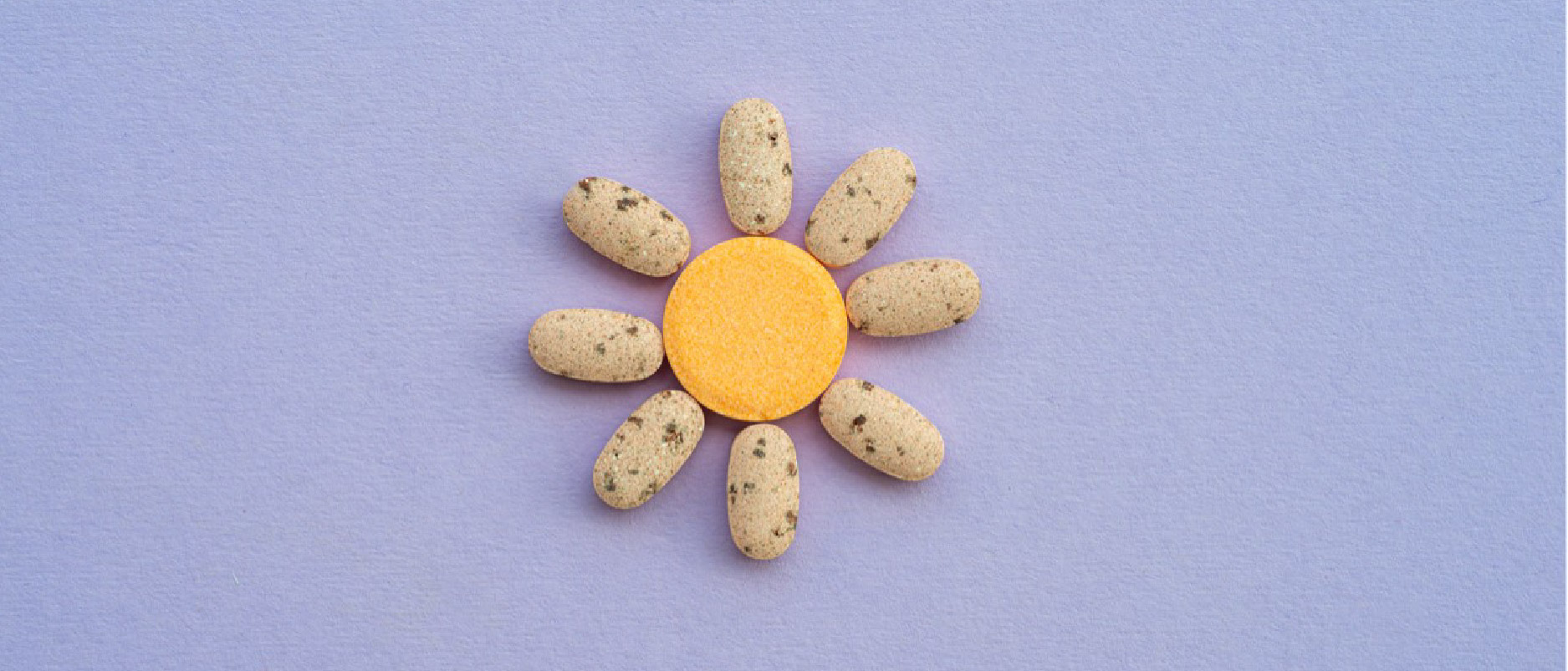
Explore the vital role of vitamin D in health and learn how to maintain adequate levels through diet and sunlight.
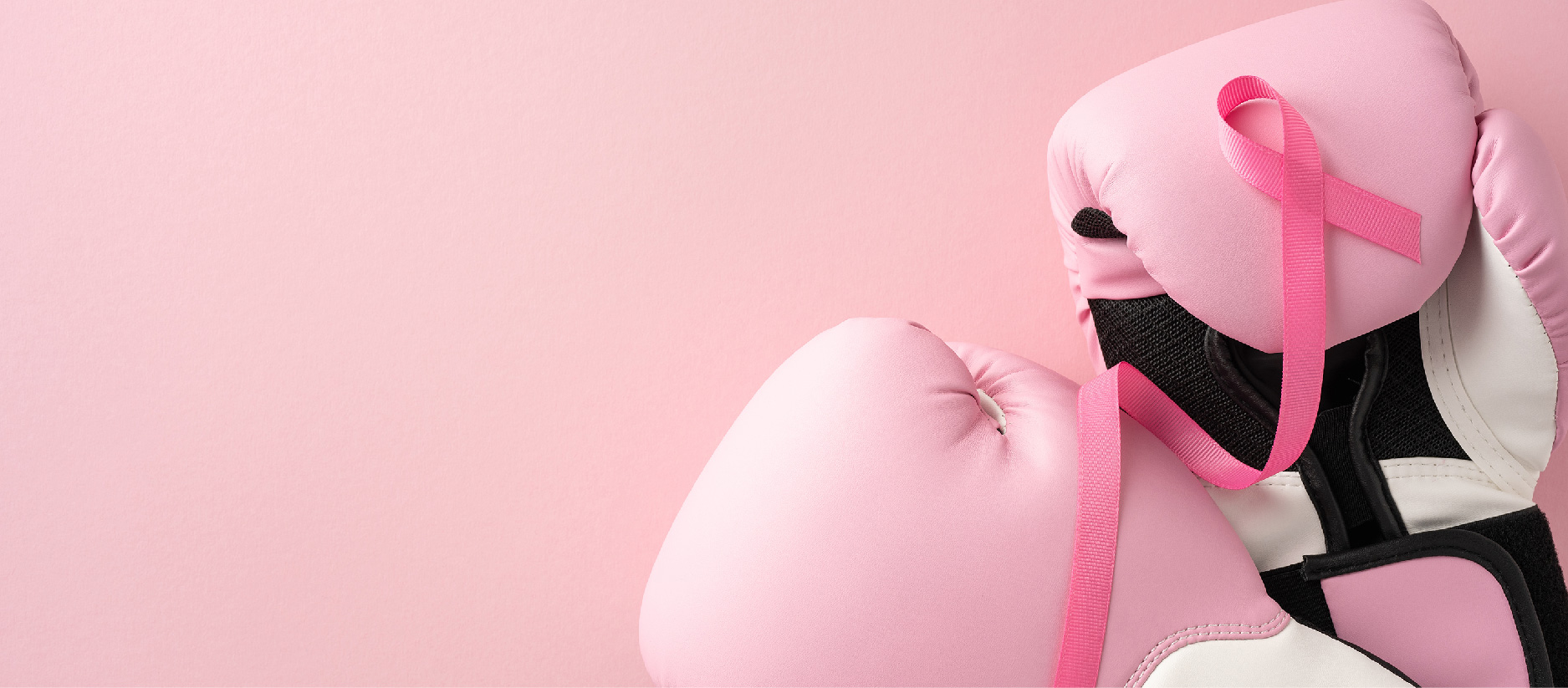
Explore essential insights on breast cancer, its risks, symptoms, and treatment options.

Join us for International Chronic Obstructive Pulmonary Disease Day as we raise awareness and clear misconceptions.

Explore the risks of falling and learn key effective prevention strategies.

Iron deficiency anemia, its causes, symptoms and effective dietary strategies.

Discover the importance of selecting the right pillow for alleviating neck and shoulder pain and enhancing sleep quality.

Discover essential practices for reducing infection risks. Stay informed and protect your health and the health of others

Relieve eye strain and improve focus with the 20-20-20 rule and other tips

Help children stay safe online by teaching privacy, secure settings, and cyberbullying awareness

Boost immunity and well-being this winter with healthy habits, exercise, hydration and sleep
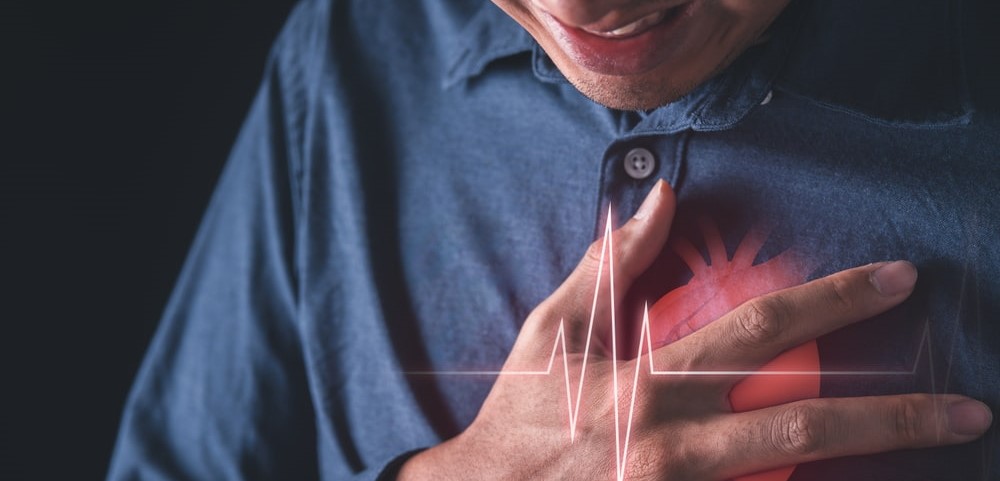
Raise awareness for heart disease prevention through healthy habits, diet, and stress management

Explore how children's exercise programs focus on neurological adaptation and muscle learning rather than muscle size alone
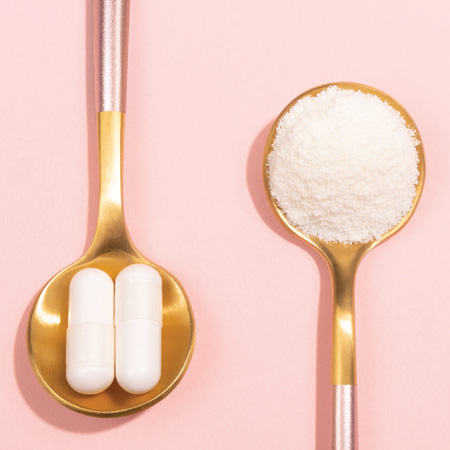
Learn about collagen, its role in your body, and how diet and lifestyle impact its production

Tips for coping with seasonal challenges to boost your mood and wellbeing
 Patient Relations
Patient Relations
